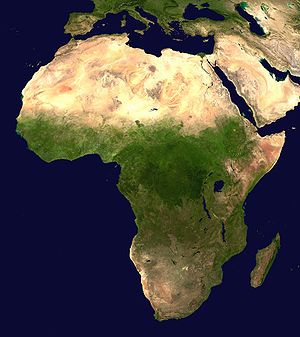[Visto: 2174 veces]
Post-Cold War United States-Africa security cooperation has been transformed from the humanitarian efforts of President George Bush Sr. that ended with the Somalia debacle in 1994, through the selective engagement policy of President Bill Clinton that avoided the Rwandan civil conflict to what could be viewed as a more structured relationship with clearly defined priorities under President George Bush Jr. since the new millennium. This has been amplified with the establishment of the Africa Command (AFRICOM) nearly three years ago. Against the backdrop of the September 11, 2001 terrorist attacks on the United States, different interpretations have been adduced for these developments. Efforts towards building trusted allies towards containing international terrorism, the quest for Africa’s natural resources, particularly oil in the Gulf of Guinea and the desire by the United States to help transform Africa on a more sustained developmental path have been assigned. The study appraises these perspectives, examines the different nodes and forms of security cooperation between the United States and Africa in the recent past and the motivating factors for the establishment of the Africa Command (AFRICOM). It argues that the thrust of United States interest in Africa is in conformity with classical realist interpretation, thus a pursuit of her national interests within contemporary geo-strategic calculations.

THE UNITED STATES AND AFRICA SECURITY COOPERATION AND THE AFRICA COMMAND DIC 2010